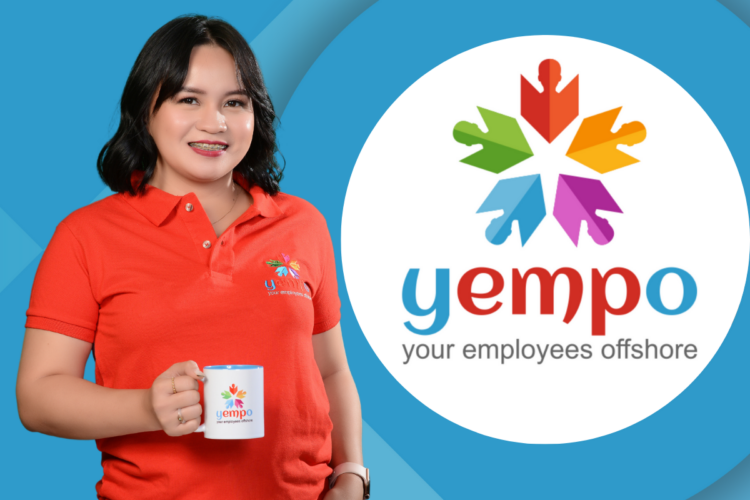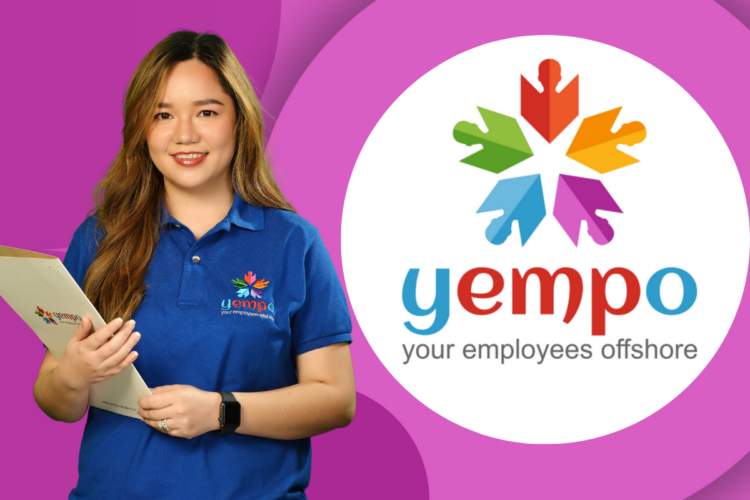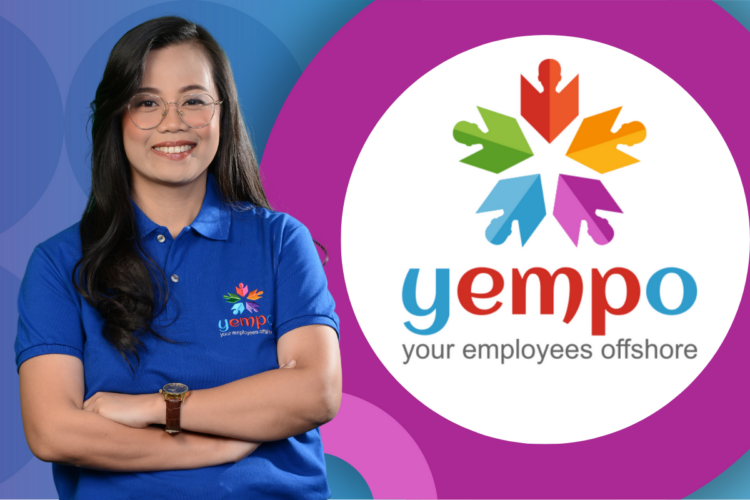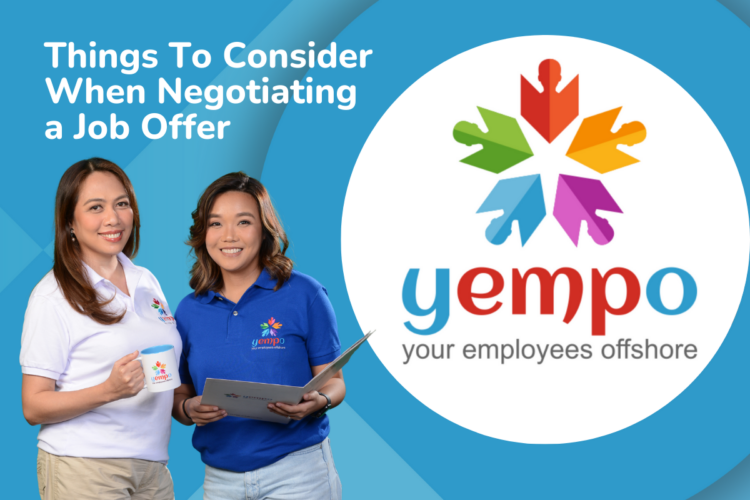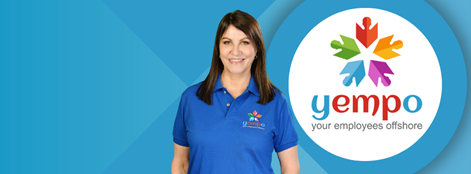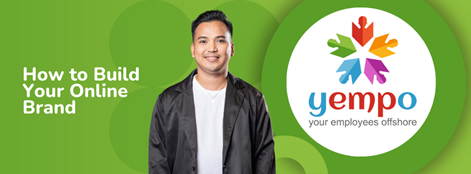What AI is looking for and how to work it to your advantage.
In this 2-part series, we explain the role AI screening plays for job hunters and recruiters, and how to make sure you don’t fall victim to a flawed system when applying for a role. In Part 1, we covered what AI screening is and isn’t, and who is disadvantaged. In this article, I’ll cover the ways you can increase your chances of getting through AI screening.
Read more
What AI Screening is and isn’t, who benefits and who is disadvantaged?
In this 2-part series, we explain the role AI screening plays for job hunters and recruiters, and how to make sure you don’t fall victim to a flawed system when applying for a role.
At Yempo, we implemented AI resume screening to prioritise which applicants we should review first. Using the data from our 10 years of operation, we have been able to score applicants based on previous assessments and by comparing skillsets in their CV to the minimum requirements of the role. Using this data, we can assign an applicant a number from 1-100 which allows the recruitment team to sort and prioritise which applicants will be reviewed first. Note that we do not arbitrarily reject anyone.
Read more
Picture this: you’re a jobseeker in the Philippines swiping through job ads looking for the perfect fit. You’ve applied for the 26th job opening for the week thinking it’s a numbers game, while waiting for that elusive “We’d love to interview you!” email. Sound familiar? We know this all too well; every job applicant has been through this tedious process.
Read more
Now that you’ve learned how powerful LinkedIn is in the Philippines as a recruitment tool, the next step is making your profile stand out to hiring managers.
With the help of Yempo’s Talent Acquisition Team, we’ve listed down the dos and don’ts for Filipino jobseekers on building a strong presence on LinkedIn.
Read more
Excelling in an online interview has become a norm in today’s employment scene, where virtual interactions are now standard. To prepare effectively, you need a mix of traditional interview skills, knowledge of digital tools, and, of course, interview etiquette. Here’s a helpful guide on how to impress your interviewer and boost your chances of moving to the next level of the hiring process and securing the job.
Read more
A career in the finance industry has been lucrative in recent years and is one of the most promising options for professionals. It also offers diverse opportunities for those who seek to start their financial careers. However, one must possess a well-rounded skill set to thrive in this competitive field, showcasing the right skills to stand out in this job market.
In this blog, we’ll explore the key skills you will need to build a successful career in finance and how to develop them.
Read more
You might have sent dozens of applications to different companies, but a few or none replied. With companies receiving multiple applications for a single position, understanding how to make your resume stand out is essential.
Your resume is the first thing a recruiter will see, and a one-size-fits-all resume is less likely to catch a recruiter’s eye. Here are some essential tips for getting past the resume screening stage to craft a resume that stands out and gets you noticed.
Read more
You’ve just received a job offer, but you think it’s unfair relative to your talents and expertise. While it can be daunting, negotiating a job offer is important to your career journey. It determines not only your salary but also your benefits and long-term career path. And a successful negotiation will boost your confidence!
In this article, we’ll provide tips and reminders on negotiating with your potential employer.
Read more
Why do companies have values, and what is their purpose? I’m sure you’ve been introduced to company values in previous organisations, and noticed that some are different, and some are the same. Why are they important?
Read more
A quick refresher: Your personal brand is how you want to be viewed. It is a curated image that tells your story and communicates the interests, talents, skills, and values you want others to know about you.
Read more on Why You Should Build Your Brand Online
Now that we’ve established the importance of having a personal brand online and how it can significantly affect your career and opportunities, let us guide you in building your own!
Audit your brand
First, audit yourself. You need to know where you are right now to keep moving forward. Gather everything about you and analyse what you can leverage and what things you can improve.
Catalogue everything – your credentials, achievements, experiences, people’s perception of you, attitude, and work ethic. This will help you capture your best self and identify your bad traits.
You’ll be more effective at communicating your own brand when everything is organised.
Be authentic
Show off your personality! In the digital landscape saturated with curated personas, authenticity helps you stand out. Authenticity isn’t just a buzzword—it’s the key to creating a solid online presence.
Begin by introspecting on what authentically sets you apart. Skills and experience can be acquired, but authenticity makes you stand out. Playing to your passions helps your online brand and builds a reputation that attracts potential employers to hire you.
Showcase your achievements while sharing the struggles or mistakes that led you to where you are now. Employers will appreciate your vulnerability and openness.
Optimise your profile
You’re a job seeker looking for career opportunities, so it’s only fitting that your profile is optimised to reflect that. This includes your professional name, bio, photo, and tone. Your potential employer might quickly lose interest in knowing more about you when they’re talking to a cartoon character with an inappropriate bio. It’s also confusing for hiring managers using social media platforms for recruitment. If you applied for a role under the name Jojo Mendoza but you’re sending follow ups from a profile named JJM the Rock DJ, you are increasing their workload in validating who you are.
Your goal is to stand out professionally, not in a way that will turn off potential employers. Keep your tone authentic but still professional. You can still sound genuine and not sound like a robot. Remember, authenticity sets you apart.
Have a strong referee
Referees or references are peers who can vouch for your character, skills, and accomplishments. They play a significant role in reinforcing your claims and solidifying your brand online.
Strong referees add credibility and differentiation. When other people trust your expertise, people who don’t know you are more likely to trust you. It’s just like any item online; the more positive reviews it gets, the more people will buy it.
Thank you for visiting our blog! We hope you’ve found valuable insights and opportunities to pursue your professional aspirations. Stay connected for more insightful blogs, updates, and tips for advancing your career, and follow us on social media.
Read more





